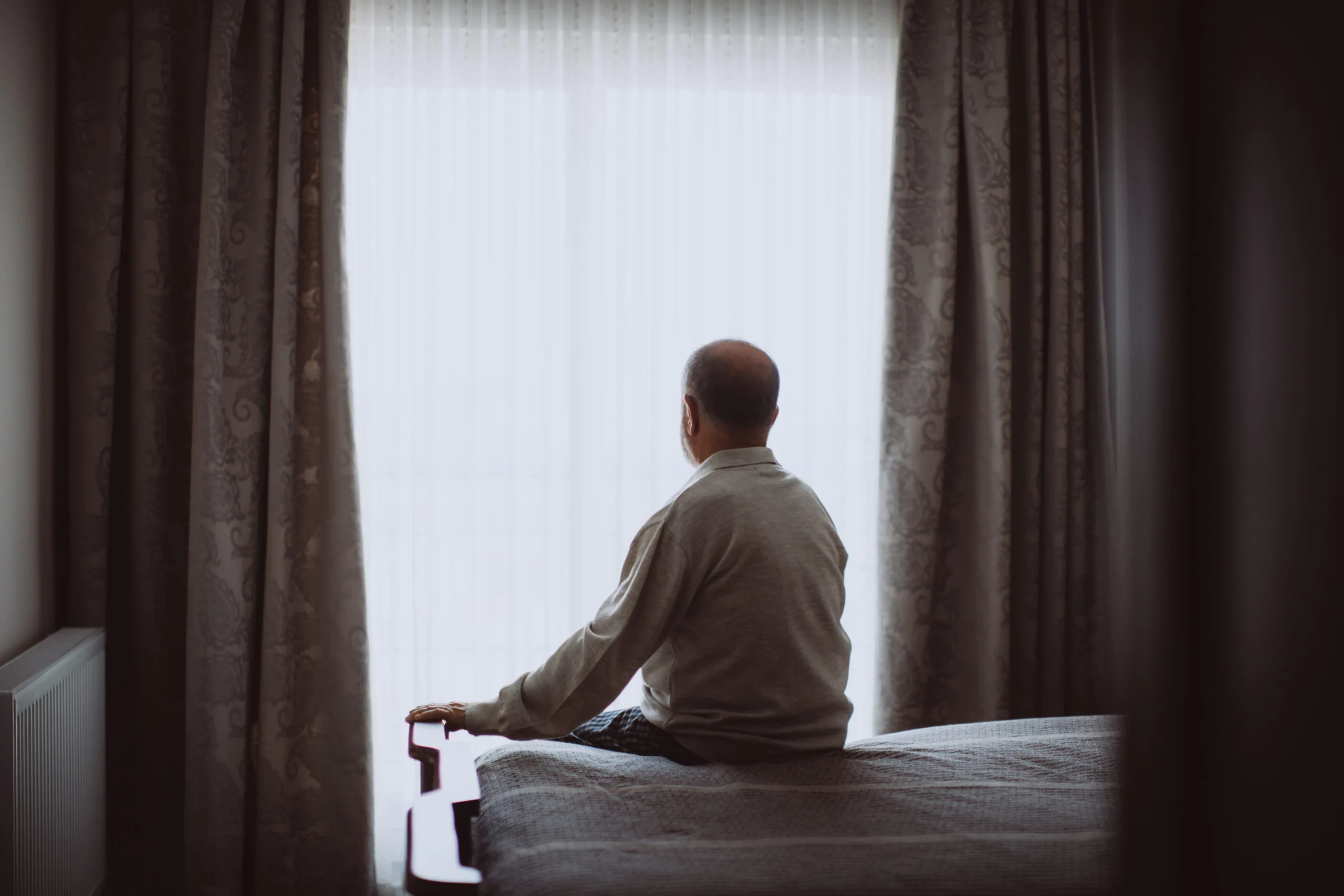Scary Sobriety: Identifying and Confronting the Fears of Addiction Recovery
The thought of life without substances can be daunting for anyone struggling with addiction. From a change in social circles to the fear of failure, to the simple reality of facing life without the numbing effect of drugs and alcohol, many aspects of recovery can prove intimidating. Nonetheless, the reward of regained freedom and peace in sobriety greatly outweighs the cost.
Why is Sobriety So Scary?
Any major lifestyle shift requires sacrifice, but addiction can be particularly demanding in this department. If you or a loved one are struggling to put substance use behind you, you have probably experienced how addiction can take hold of your entire life. While you may want freedom, the thought of walking away completely can be nerve-wracking. Naming your fears in recovery and addressing them head-on is the first step to working through them.
1. Fear of facing the past (and the present)
Substance use is often a bandaid for the stressors and anxieties of life. They can feel like an escape from the pain of past wounds or trauma, and dull the ache of loneliness. Facing challenging circumstances of life– past, present, and future– without numbing remedies requires a great deal of courage. For this reason, it is important to develop healthy coping skills to work through the emotional and psychological sensations that may arise when discontinuing substance use.
2. Fear of losing your friends or community
Drug and alcohol use can be a lifestyle, complete with other people who share your views and habits. Perhaps substance use is even the main thing that your friend group shares in common. It is a legitimate concern that those relationships may need to change as you begin a new chapter of life without substance use, as oftentimes our community is a large contributing factor to our behavior.
It is natural to fear isolation and loneliness in this transition, but it is important to remember that true friendship is based on both people wishing the highest good for the other; this means that a real friend will be most interested in helping you become the best version of yourself. If someone is dragging you back into harmful habits, they are likely not a healthy influence to begin with.
3. Fear of failure
Recovery from drug and alcohol addiction is not a short journey. It is often a long and winding road, which sometimes includes a few setbacks. Relapse is a very real concern for those who are striving to overcome their attachment to various substances. If relapse occurs, it is important to remind oneself that falling is simply an opportunity to grow stronger every time you get up again. Be gentle with yourself and remember that tomorrow is a new day.
4. Fear of withdrawal symptoms
Removing addictive substances from the body can have some negative physical, emotional and psychological side effects. These side effects are called withdrawal, and they can range from mild to severe. While these symptoms can be appropriately managed, they often contribute to peoples’ fear of being sober. That being said, it is good to be aware of what you might be faced with as your body adjusts to a new normal. Some withdrawal symptoms include but are not limited to:
- Depression
- Anxiety
- Insomnia
- Tremors
- Nausea or diarrhea
- Irritability
- Changes in appetite
- Hallucinations
Severe withdrawal cases may include suicidal thoughts, in which case you should seek professional help immediately.
Tips for Braving the Sober Journey
The path to sobriety might feel like an uphill battle, but there is hope. Try integrating these practices into your recovery journey to stay fueled with inner strength and external support to combat your fears every day.
1. Rediscover joy in your life
Joy is a habit that can be cultivated through your daily activities. Try taking up hobbies that make you happy, like art, music, or sports. If you don’t have anything that jumps out at you, think about what you enjoyed doing as a child and find a way to begin again.
Spending time outside is another great way to cultivate positivity and reap the benefits of nature in your life. If you enjoy animals, getting a pet can be a great motivator to spend more time outside, and it can be a good practice in responsibility and taking care of something. Pets can also draw your thoughts away from yourself and provide healing companionship.
2. Practice compassion towards yourself
Recovery is not an easy journey. Remember to practice patience with yourself amidst the highs and lows, and give yourself grace when needed. Find ways to celebrate small victories and large milestones alike. It can be helpful to focus on the present moment instead of the past or the future. Developing a mindfulness practice is a great way to improve this area of mental fortitude.
3. Find a network of support
Humans are not meant to live in isolation. Likewise, addiction recovery is not something you should attempt to do alone. Call upon your friends and family to support you in this journey. If they are not a healthy community for your healing, try joining support groups that have a shared goal of wholeness and well-being. Detoxification and rehabilitation programs are also good options to explore if you are ready to integrate more structure and support into your daily or weekly routine. Therapy is another great way to find support and a listening ear, allowing you to quell your inner storm and explore the deeper roots of addictive behaviors.
Finding Support at Freedom Detox
Sobriety can be a daunting undertaking, but you don’t have to do it alone. Freedom Detox is here to provide you with information, inspiration and support on your path to deeper healing and freedom. Contact us online today, or call 800-475-2312 to see if detoxification is a good fit for you or your loved one.





